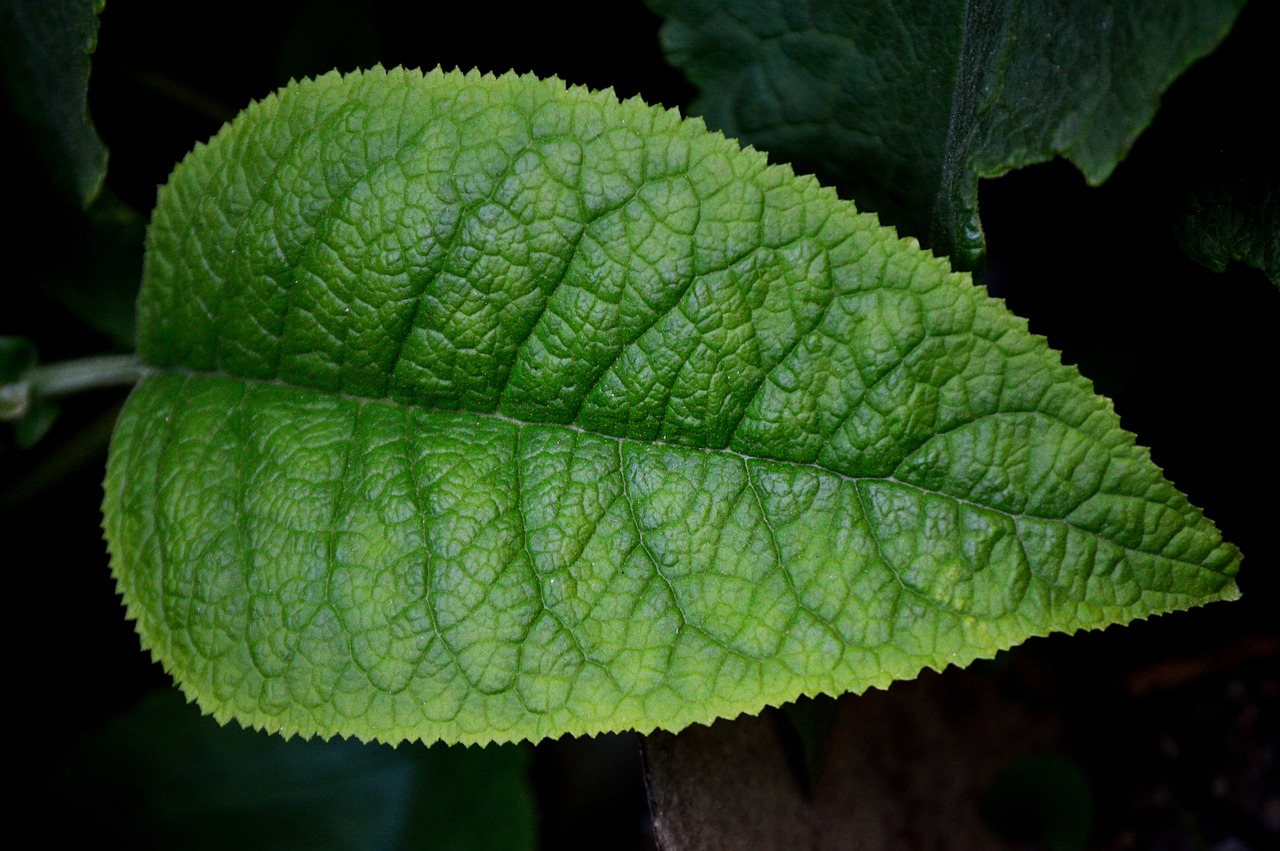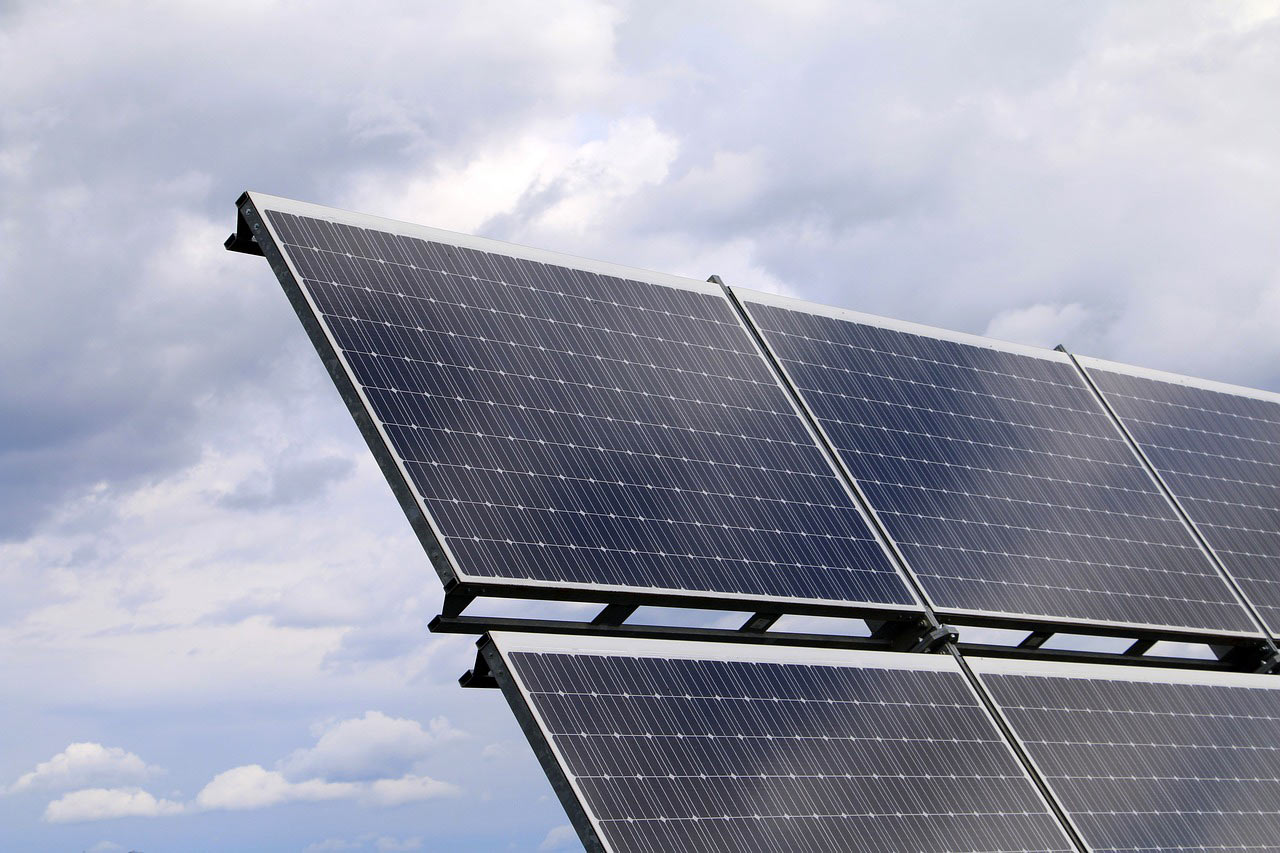The Advanced Coatings for Offshore Renewable Energy (ACORN) project has developed a new protective coating that will extend the lifetime of marine structures to 20 or more years and avoid the need for supplementary cathodic protection.
The result will be an entirely new, non-paint solution for the protection of offshore renewable energy steel structures including docks, buoys, and oil and gas rigs. Once successful, the coating will boost the competitiveness of the industry and help trigger a widespread roll-out of the different offshore technologies.
Corrosion, fouling and cavitation represent a huge challenge for the industry, especially since offshore structures cannot be dry-docked to fix these problems.
The project involved the creation of a highly differentiated and patentable technical solution that could even be extended in the longer term. It uses thermally sprayed aluminium (TSA) – a substance with proven long-term corrosion resistance – to provide a matrix coating with a lifespan of 20 + years.
This porous mix is then dotted with environmentally-friendly active antifouling substances in very tiny concentrations (< 1 %) which will be gradually exposed at the active surface of the coating as the TSA corrodes away at a rate of 10µm per year.
Project scientists chose a 99.5 % pure aluminium coating applied with the twin arc spraying method. The eco-friendly anti-fouling substances were then chosen for their performance, commercial availability and regulatory approval for use in EU waters.
Scientists also evaluated the inert antifoul carriers for stability in seawater, hydrophobicity and for low processing temperatures to protect the anti-fouling agents. Barnacle resistance tests were then undertaken in marine trials off the coast of Sweden.
ACORN is also developing a corrosion and cavitation-resistant coating with a 10 + year design life for tidal energy generators which operate in high-velocity environments.
More information: http://www.heatexchanging.com






